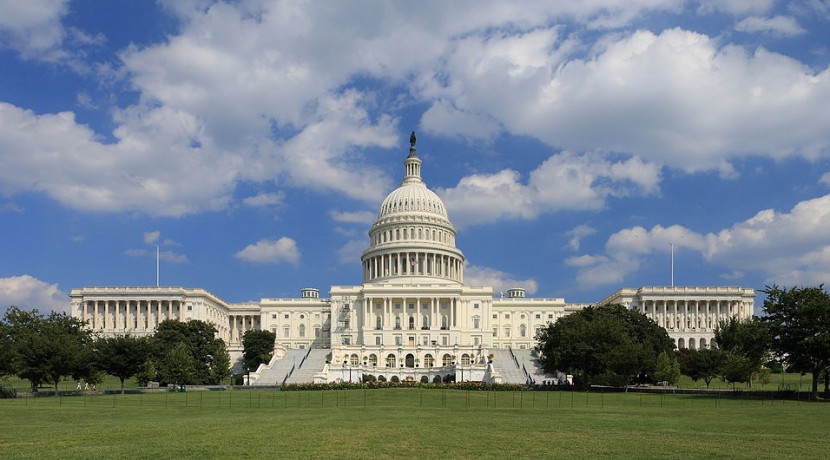The Reason Lobby
Washington, DC, is infamous for its lobbyists. Typically, when people think of lobbyists, they picture soulless former government officials who have gone over to private industry in order to make some big money trading on their expertise and connections. This isn’t far from the truth, although the depiction of lobbyists in movies such as Thank You for Smoking tends to be a bit of an exaggeration, both in the portrayal of the amorality of lobbyists and of their homogeneity. In truth, the types of lobbyists range from involved citizens to nonprofit activists all the way up to the Big Industry types who often serve as the public face of lobbying.

While citizen lobbyists may not have the money or pull that their corporate peers maintain, they can still be extremely effective in influencing legislators on a variety of issues, especially if they are a constituent of the person they are lobbying. That’s why events like the Secular Coalition for America’s Lobby Day are so crucial to getting the atheist and humanist perspective across to members of the United States Congress.
This year the SCA’s Lobby Day is taking place on April 30, 2015, and will feature speeches by government officials (including Rep. Jim Himes of Connecticut, who worked with the AHA to introduce the Darwin Day Resolution), a lobbying training session, and group meetings with members of Congress and their staff. These meetings are extremely significant, as for many legislators, it’s the first time they’ve met face to face with their nonreligious constituents. As I mentioned in a past article about 2013’s Lobby Day, after being excluded from the public policy process for so many years, it’s inspiring to see so many nonreligious Americans standing up for church-state separation in the face of a political system that is dominated by the religious right and their allies.
This year’s Lobby Day is even more significant considering that for the first time ever a National Day of Reason (NDoR) resolution has been introduced. Reps. Honda (CA) and Norton (DC), after working with the AHA, decided to introduce this resolution in order to include the many Americans who are excluded by the National Day of Prayer, which occurs simultaneously with the NDoR. According to Rep. Honda, this resolution is important not only because the separation of church and state must be protected from government-sponsored religious events like the National Day of Prayer, but also because “the application of reason, more than any other means, has proven to offer hope for human survival on Earth, improved the conditions in which we live, and cultivated intelligent, moral, and ethical behaviors and interactions among people.”
As humanist, atheist, and secular citizen lobbyists meet with members of Congress for Lobby Day tomorrow they will have the opportunity to promote this resolution and explain its importance, which could be a catalyst for the bill’s eventual passage through Congress. As a lobbyist myself, I know that one of the most powerful ways to get a bill moving through the legislative process is to have determined constituents educate their representative or senator on the need for specific legislation. Members of Congress require votes to be reelected, and constituents can use their future votes as bargaining chips in order to influence the legislative process for the better.
As Barney Frank said in his 2014 Humanist of the Year acceptance speech: "Signing an online petition is like scratching your nose. Nobody in Congress is impressed because you pushed a button on an online petition. What matters is individual communication."
After years on the sidelines, events like Lobby Day show members of Congress that they can no longer afford to ignore humanists and other nonreligious Americans, and that our perspective on bills and policies of the day deserve to be considered.Tags: National Day of Reason
